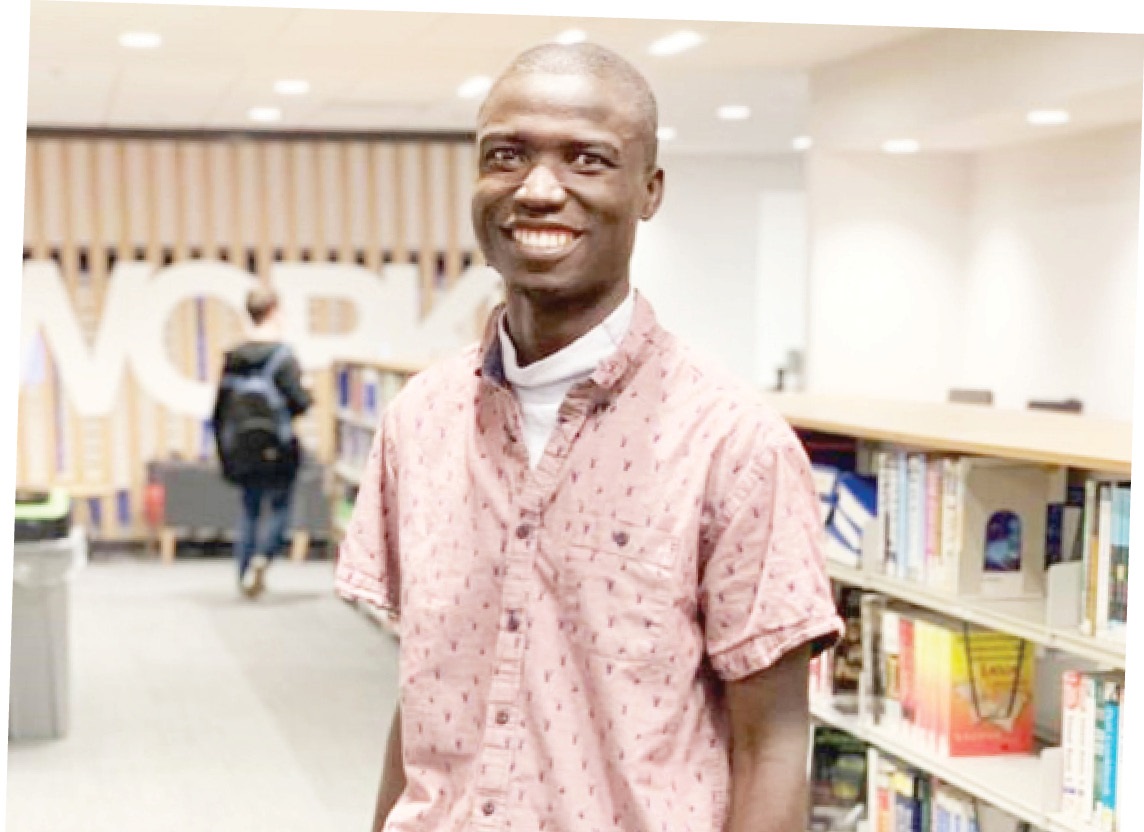Aliyu Abubakar Shehu is a young environmentalist, researcher and public policy analyst who holds a masters in Health and Global Environment in 2019 from University of Salford, the United Kingdom.
He was among the youngest global environmentalists, environmental policy and governance-applied ecologist, climate change makers and public health advocates, has and travelled around the world to speak at climate and international conferences.
In this interview, the member of the Ministerial Committee on Re-Greening and Climate Change talks about change on campus and the impact of the youth on climate movement in Nigeria.
What activities do you participate in?
- Women should adopt new strategy to lobby NASS
- Russia-Ukraine war: Operational hitches delay evacuation of stranded Nigerians
I am a native of Rabah Local Government, Sokoto state. I studied Environmental Science from Islamic University in Uganda, MSc Health and Global Environment from University of Salford, United Kingdom and I am currently pursuing my PhD at Usmanu Danfodiyo University, Sokoto. I am a recipient of Sokoto State Government and Petroleum Technology Development Fund Overseas scholarships where I studied in Uganda and the United Kingdom respectively. I served as a member of many communities on climate change and food security in Nigeria.
How have environmental problems affected you and your peers?
Well, environmental problems, particularly climate change, have affected almost everyone and every community. But what is most important is our ability to cope with those environmental problems, so my concern is not only how environmental problems affect us and our communities, but how we turn the environmental problems into opportunities. So, the environmental problems we see today are wake-up calls to all of us in the private sector, academia, politics, media and other sectors.
What unique perspective do you bring and how many trees have you planted for your climate change movement?
My perspective is that climate change is real, but the best way of addressing the problem is empowerment and social justice. I participated and contributed in planting thousands of trees in Sokoto state. Currently, Maikoli Farms Kajiji has partnered with us and raised not less than 500,000, that is how we participate in community development projects.
What pushed you into climate change activities?
What I am doing now is part of my blueprint of contributing to the development of my community on my return from the UK after my Msc programme. Subsequently, Hon. Altine Shehu Kajiji involved me in his project of climate smart agriculture that really unlocked my prospects and introduced me to authorities in environment I was then appointed as member Sokoto State Ministerial Committee on Climate Change and re-greening, knowing Kajiji is indeed one of my great fortunes in career development.
How many youths have you trained in tree planting?
The world has now become a global village, many training and mentorship programme are done even via social media. Thus, I train many youths physically and virtually as I am learning from others. I am also among people to serve as coaches in the 2022 Tony Elumelu Foundation Entrepreneurship programme.
How can other young people take steps to climate action?
Addressing the problem of climate change in Nigeria is everyone’s responsibility, especially my fellow youths.
We must therefore wake up to do it, it is not easy but very achievable because excellent tasks are done through resilience.
Global policies and treaties on climate change are very robust, but actualizing them needs a more inclusive approach from what is employed nowadays. There is a need for more stringent efforts on ending inequalities and ensuring social justice.
Hussaini Garba Mohammed

 Join Daily Trust WhatsApp Community For Quick Access To News and Happenings Around You.
Join Daily Trust WhatsApp Community For Quick Access To News and Happenings Around You.


